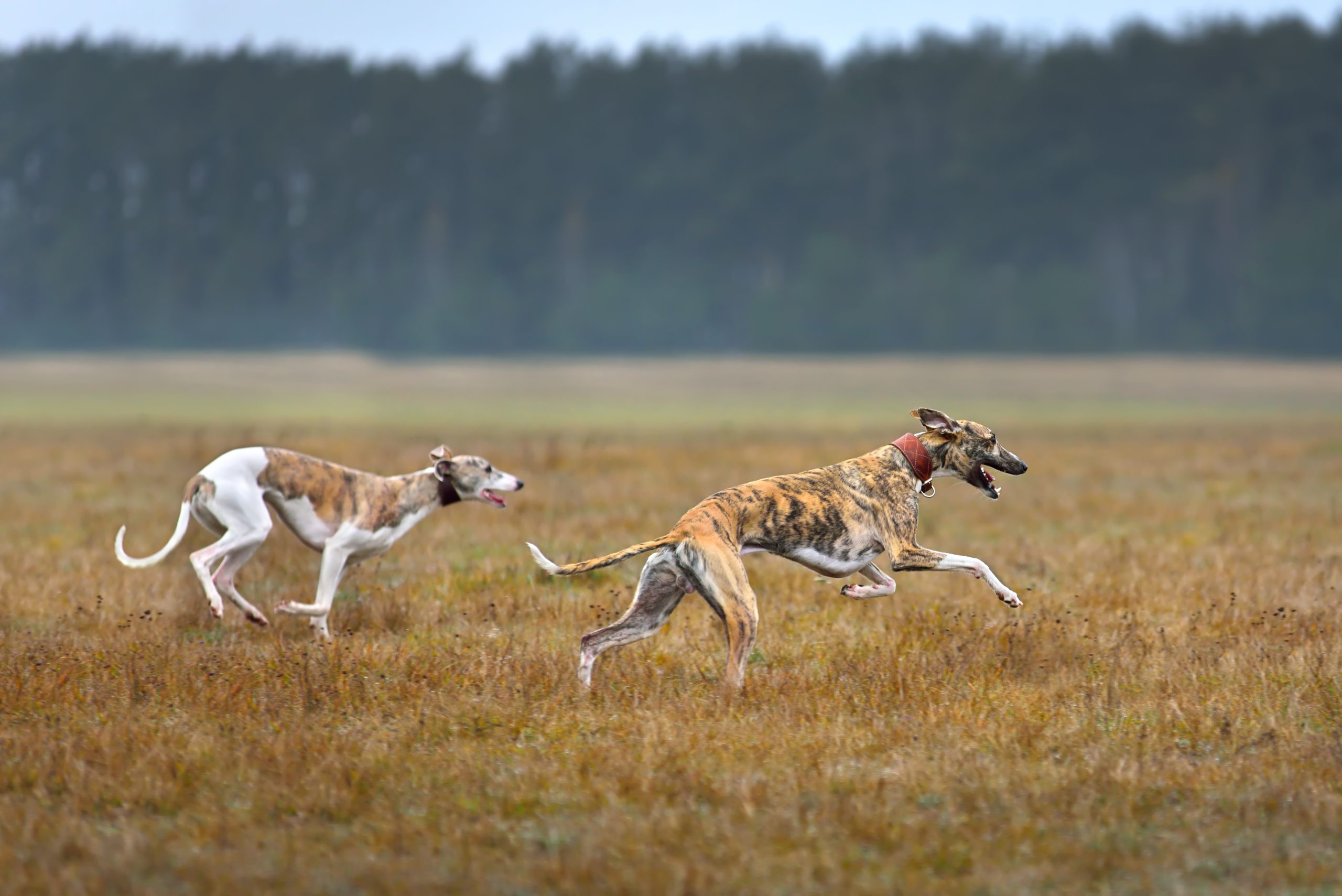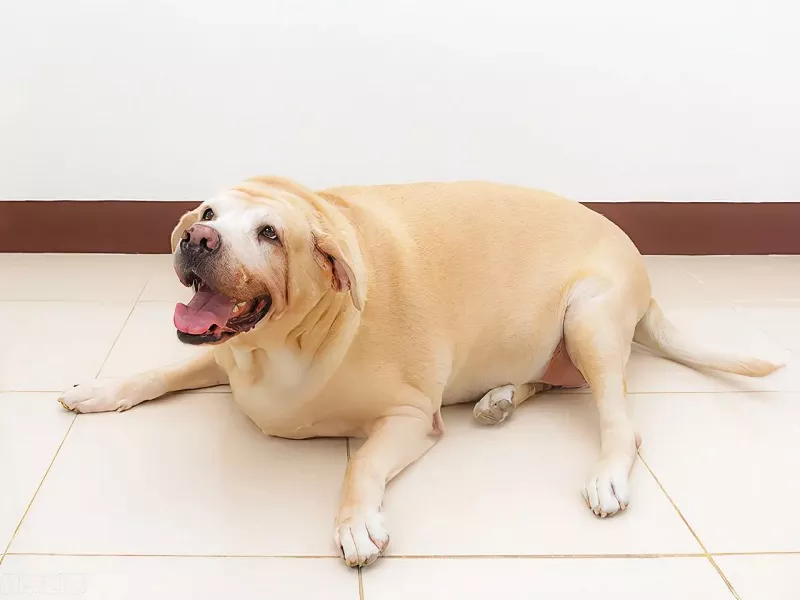German Shepherds are known for their intelligence, loyalty, and striking appearance. However, one challenge that many German Shepherd owners face is shedding. As double-coated breeds, German Shepherds naturally shed throughout the year, and excessive shedding can leave pet owners with a constant trail of hair in their homes. In this article, we will explore the reasons behind shedding in German Shepherds and provide practical tips to help you manage and reduce shedding effectively.
Understanding Shedding in German Shepherds
Shedding is a natural process for all dogs, including German Shepherds. Their double coat consists of a dense, soft undercoat that provides insulation and a longer, coarser topcoat that offers protection from the elements. Shedding allows German Shepherds to get rid of old or damaged hair and regulate their body temperature. While shedding is normal, certain factors can contribute to excessive shedding in German Shepherds:
Seasonal Changes: German Shepherds often undergo a more significant shedding phase during seasonal changes, typically in the spring and fall.
Genetics: Some German Shepherds may have a higher predisposition to shedding due to their genetic makeup.
Health and Nutrition: The overall health and diet of your German Shepherd can impact the condition of their coat and shedding patterns.
Stress and Anxiety: Stress or anxiety can trigger excessive shedding in dogs, including German Shepherds. Changes in the household, such as moving or introducing a new pet, can contribute to increased shedding.
Grooming Habits: The frequency and type of grooming your German Shepherd receives can affect the amount of loose hair in their coat.
Effective Ways to Minimize Shedding
Regular Grooming: Regular grooming is vital to managing shedding in German Shepherds. Brushing your dog‘s coat at least two to three times per week can help remove loose hair and prevent it from accumulating around your home. Use an appropriate grooming tool, such as a slicker brush or an undercoat rake, to reach the dense undercoat effectively.
Bathe as Needed: Bathing your German Shepherd too frequently can strip their coat of natural oils, leading to skin dryness and potential increased shedding. Only bathe your dog when necessary, using a mild dog shampoo, and ensure their coat is thoroughly rinsed.
Proper Nutrition: A balanced and nutritious diet is crucial for a healthy coat and skin. Ensure your German Shepherd’s food contains essential fatty acids, such as omega-3 and omega-6, which promote a shiny and healthy coat. Consult with your veterinarian to choose the best diet for your dog’s specific needs.
Manage Stress: German Shepherds are sensitive dogs, and stress can exacerbate shedding. Create a calm and comfortable environment for your dog, provide regular exercise, mental stimulation, and positive reinforcement to reduce stress levels.
Regular Vet Check-ups: Regular visits to the veterinarian are essential for your German Shepherd’s overall health, including their coat condition. Any underlying health issues that may contribute to excessive shedding can be identified and addressed.
Control Fleas and Parasites: Parasites, such as fleas and ticks, can irritate your dog’s skin and cause excessive scratching, leading to increased shedding. Use preventative measures to control these pests.
Vacuum and Clean Regularly: Keep your home clean by vacuuming regularly and using lint rollers to remove loose hair from furniture and clothing. This can help prevent excess hair from accumulating in your living spaces.
Conclusion
Shedding is a natural process for German Shepherds, but with proper care and attention, you can manage and reduce excessive shedding effectively. Regular grooming, a balanced diet, stress management, and routine veterinary check-ups are essential steps to ensure your German Shepherd’s coat remains healthy and shedding is kept under control. Embrace the shedding as part of owning this wonderful breed, and with love and dedication, you can enjoy a clean and happy home with your loyal and beautiful German Shepherd companion.
Related Topics:


























